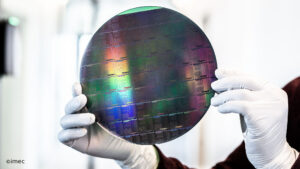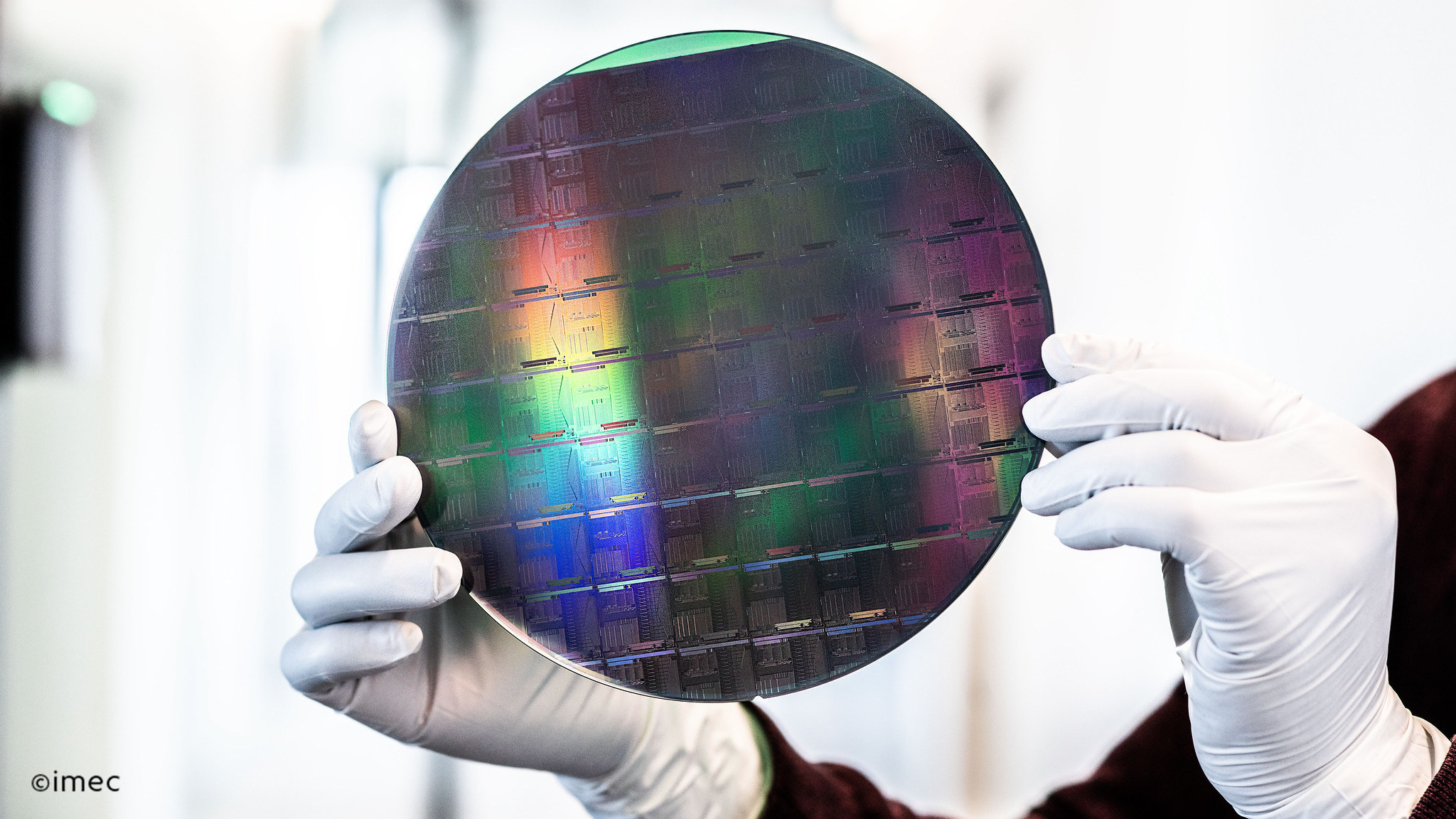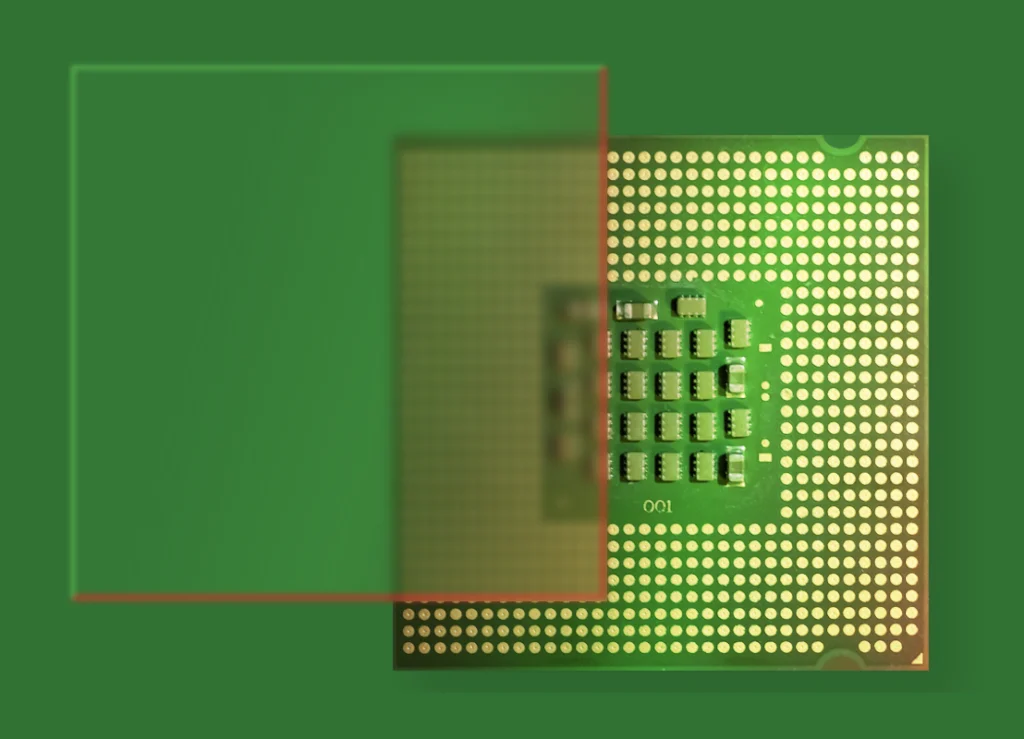
PRESS RELEASE — Xanadu (https://xanadu.ai), a full-stack photonic quantum computing company and imec (www.imec-int.com), a world-leading research and innovation center in nanoelectronics and digital technologies, have today announced a partnership to develop the next generation of photonic qubits based on ultra-low loss silicon nitride (SiN) waveguides.
Xanadu is developing a unique type of quantum computer, one based on photonics. Specifically, these photonic qubits are based on squeezed states – a special type of light generated by chip-integrated silicon photonic devices. Such an approach uses particles of light to carry information through photonic chips, rather than electrons or ions used by other approaches. Xanadu’s photonic approach offers the benefits of scalability to one million qubits via optical networking, room temperature computation, and the natural ability to leverage fabrication R&D centers such as imec.
“One of the most critical challenges in building a photonic quantum computer is finding the right fabrication partner that can simultaneously deliver cutting-edge process development and volume production of high performing photonic chips,” said Zachary Vernon, who heads up Xanadu’s Hardware team. “Imec is one of the few semiconductor R&D centers that does advanced technology R&D on advanced 200mm and 300mm lines, as well as volume manufacturing on their 200mm line, capable of delivering up to a thousand wafers per year per customer on a few platforms including ultralow-loss photonic platforms. The seamless transfer offered by imec of new processes to production is especially critical for rapid scaling of our technology.”
Competing platforms for photonic quantum computing traditionally rely on single photon sources made from silicon waveguides, which suffer from non-deterministic operation. Using silicon nitride enables the generation of squeezed states, which replace single photons as the basic resource for synthesizing qubits. Squeezed states are deterministically generated, and can be used to distill error-resistant qubits called ‘GKP states’. When multiplexed and implemented in Xanadu’s architecture, these offer a more promising path to fault-tolerant quantum computing.

Amin Abbasi, business development manager at imec: “We are pleased to see that imec’s wafer-scale low loss SiN photonics platform, initially developed for communication, is finding its way towards other advanced applications, like quantum computing. We look forward to working with Xanadu to drive further development of this platform for their particular needs.”
“We are pleased to partner with Xanadu, one of the most exciting companies working in the quantum computing space.” said Philippe Helin, specialty components program manager at imec.
“Xanadu’s mission to build photonic quantum computers matches perfectly with imec’s track record of and commitment to pushing the leading edge of integrated technologies,” adds Haris Osman, VP R&D and head of department.
“Xanadu’s ultimate mission is to build quantum computers that are useful and available to people everywhere. To do this we have the ambitious goal of reaching one million qubits using photonics. Working with imec will help us build the right foundation based on fault tolerance and error-correctable qubits,” said Christian Weedbrook, Xanadu Founder and CEO. “One of the best parts of working with imec is their agility and ability to scale production on new platforms by transferring them to top production foundries around the world,” he added.
Xanadu offers cloud access to both photonic quantum hardware and software solutions over its Xanadu Cloud platform. It recently announced a $100 million round led by Bessemer Venture Partners giving a total of $145 million raised thus far.
Source: Xanadu
Xanadu is a Canadian quantum computing company with the mission to build quantum computers that are useful and available to people everywhere. Founded in 2016, Xanadu is building a fault tolerant quantum computer using silicon photonic hardware and offers users access to near-term quantum devices through the Xanadu Quantum Cloud.
About imec
Imec is a world-leading research and innovation center in nanoelectronics and digital technologies. Imec leverages its state-of-the-art R&D infrastructure and its team of more than 5,000 employees and top researchers, for R&D in advanced semiconductor and system scaling, silicon photonics, artificial intelligence, beyond 5G communications and sensing technologies, and in application domains such as health and life sciences, mobility, industry 4.0, agrofood, smart cities, sustainable energy, education, … Imec unites world-industry leaders across the semiconductor value chain, Flanders-based and international tech, pharma, medical and ICT companies, start-ups, and academia and knowledge centers. Imec is headquartered in Leuven (Belgium), and has research sites across Belgium, in the Netherlands, Taiwan and the USA, and offices in China, India and Japan. In 2020, imec’s revenue (P&L) totaled 680 million euro.
Further information on imec can be found at www.imec-int.com.
For more market insights, check out our latest quantum computing news here.















